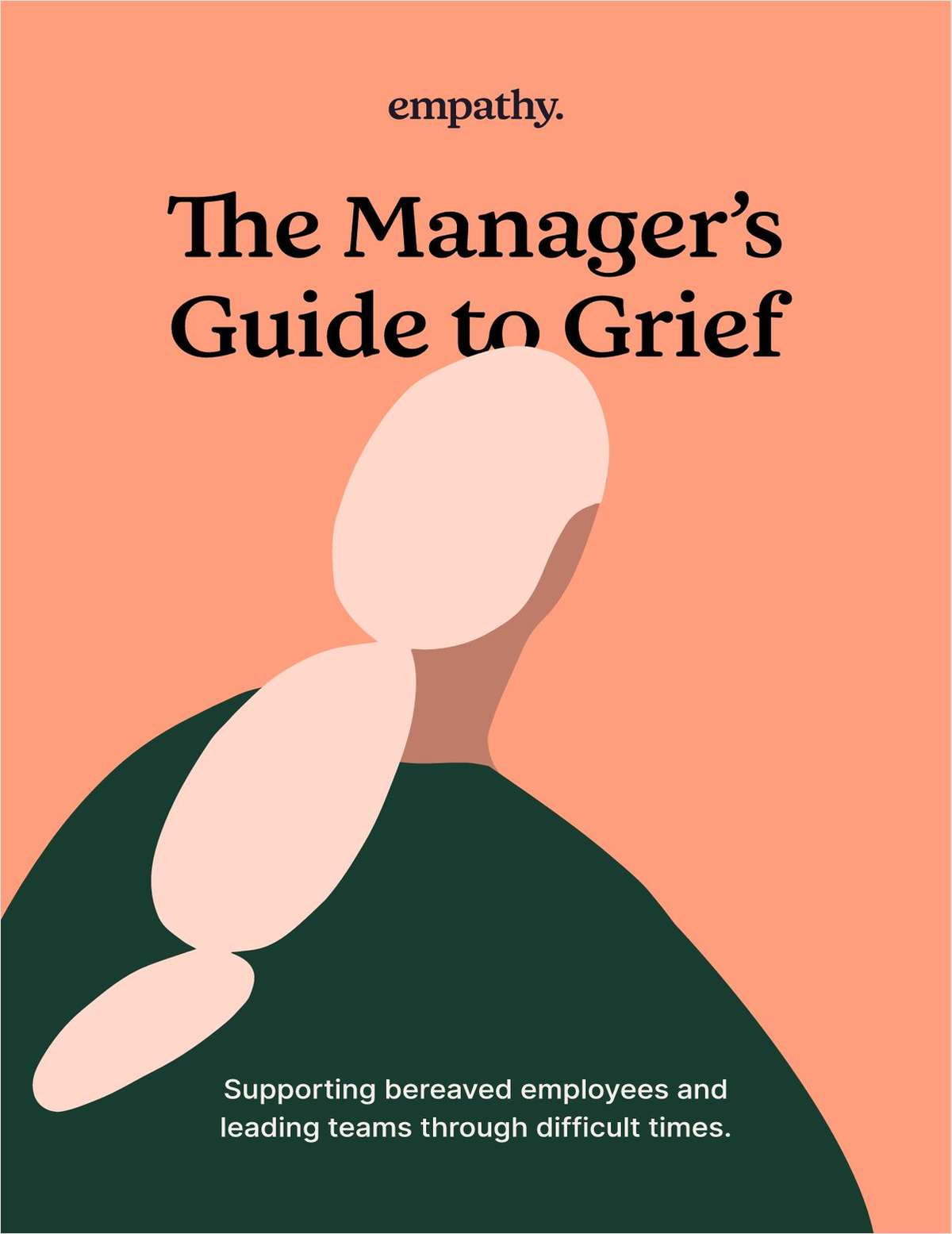<p>BIRMINGHAM, Ala. – Until late January, William Freeze could be found doing what he worked at for the past nearly 45 years – working behind the desk at credit unions and sitting on the boards of the Alabama and West Virginia leagues, as well as sitting on various CUNA committees. When Credit Union Times spoke with Freeze, he was busy going through his belongings at home and packing cartons in preparation for his move with his wife to their new home in Northern Florida. Freeze retired as president/CEO of Mutual Savings Credit Union on January 23 after 18 years of service there, and more than four decades of service in total to the credit union movement. Dale Dalbey, executive vice president of the Alabama Credit Union League, has been named to succeed Freeze. "There's nothing like having to go through things you've collected over the years and packing for a move to shake up poignant memories and start you remembering folks and friends you've made," said Freeze. CU folks like Florida Credit Union League President/CEO Guy Hood who used to be with the Alabama Credit Union League; Jim Jukes, and Joe Cuggini. Among those memories are sitting on the board of directors of the West Virginia Credit Union League (1964-1984) and the Alabama Credit Union League (1986-1997). Freeze was also a member of the NASCUS Advisory Council and held various CUNA committee and board positions. Freeze vividly recalled being invited by NCUA in 1984 to come to Birmingham and participate in the agency's resource sharing program. The agency's initiative involved pairing credit unions – one that doing well with one that wasn't – that served the same industry to exchange ideas. At the time, Freeze was president/CEO of Steel Works Community FCU, Weirton, West Virginia. Steel Works at the time was doing well, despite the state of the steel industry. Freeze had managed to successfully guide the credit union through the depressed economy surrounding the community's largest employer, National Steel. With forced reductions in the company at an all-time high, employees with seniority had been layed off, causing the workforce at the company to shrink from more than 13,000 to less than 7,000. These events eventually led to National Steel's decision to separate itself from the Weirton Plant and create the largest Employee Stock Ownership Program in the country. But even during this period of major events, Steel Works Community FCU continued to show dramatic growth and maintain its position as West Virginia's largest credit union. Unfortunately the same couldn't be said for Mutual Savings Credit Union. At the time, MSCU had been placed in conservatorship. "The steel industry at the time was experiencing a lot of layoffs and long duration strikes. In addition, foreign steel was being imported into the country. People in the industry didn't know how to deal with all that was going on. There was a lot of uncertainty," Freeze recalls. Steel Works Community FCU had a 66% delinquency rate. Its membership had dropped from a high of 35,000 down to 10,000, its assets were at $15 million, and the number of employees at the local sponsor company had decreased from 35,000 to about 3,000. When he returned home to West Virginia after the two-day program, Freeze sent NCUA his recommendations to turn Steel Works around and develop the credit union's capabilities. The next thing he knew, he received an invitation from NCUA to become the credit union's president. Why did he accept NCUA's offer and make the move? "I guess I just wanted a change and the challenge," Freeze answered. Looking back, he considers the move one of the highlights of his CU career. One of the first things Freeze attacked when he began working at Mutual Savings was the credit union's high delinquency rate. Freeze also got to work on shoring up Mutual Savings' membership by adding select employee groups. That proved to be more difficult to do than say because Birmingham at the time was saturated with credit unions and many of the larger select employee groups were already taken by other CUs. Freeze said one of the biggest challenges of taking on SEG groups was dealing with the misperceptions of the word "union" by the employees of small area companies. Mutual Savings now counts 150 SEGs from diverse industries among its field-of membership. "I told the credit union we had to go back to basics, to remember who brought us to the dance," said Freeze. Of its more than 27,000 members now, less than 1,000 are from the steel industry. In addition to its headquarters facility, Mutual Savings also has seven branches, including a service center in the Wal-Mart in the Calera, Ala. area. Freeze said he's glad to see that, "Credit unions have come out of the closet and have finally been recognized. They have more national prominence now and visibility than when I first started working with them." Once Freeze and his wife get settled in their new home in Santa Rosa Beach, Fla., he's looking forward to traveling, antique hunting, and playing a few rounds of golf. He isn't closing the door entirely though on credit unions. "I went to the first GAC that was held in the 1970′s. Don't be surprised to see me pop up there again one of these years," said Freeze. -</p> <p>[email protected]</p>
Continue Reading for Free
Register and gain access to:
- Breaking benefits news and analysis, on-site and via our newsletters and custom alerts
- Educational webcasts, white papers, and ebooks from industry thought leaders
- Critical converage of the property casualty insurance and financial advisory markets on our other ALM sites, PropertyCasualty360 and ThinkAdvisor
Already have an account? Sign In Now
© 2024 ALM Global, LLC, All Rights Reserved. Request academic re-use from www.copyright.com. All other uses, submit a request to [email protected]. For more information visit Asset & Logo Licensing.








